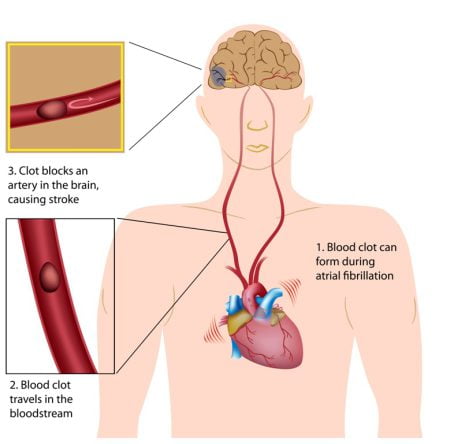Recovery from addiction is a journey that reshapes lives and offers a prospect of renewal. Those who have battled with addiction understand that overcoming it is only the first step toward a new chapter filled with challenges, learning, and growth. Embracing a fresh start demands courage, dedication, and a strong support system. Through this transformative process, many find a renewed sense of purpose and a clearer vision of the future. Keep reading to discover insights on how to move forward and truly embrace life after addiction.
Embracing a New Beginning After Overcoming Addiction

An individual’s decision to seek recovery is the pivotal moment when a new life can begin. Breaking the chains of addiction allows one to rediscover their true self and set new goals. It is a time for reevaluation and making commitments to one’s health, well-being, and personal growth. For many, this includes seeking specialized alcohol treatment in Massachusetts, an essential step in the right direction.
Once sobriety is achieved, the hard work of rebuilding a life must begin. This means developing new habits, hobbies, and routines that support a healthy lifestyle. It is also the time for individuals to invest in their personal and professional development, which may include furthering their education or picking up new skills that foster self-esteem and independence.
The path of recovery also opens the door to rekindling old dreams or discovering new passions. One might find joy in creative pursuits, such as writing, painting, or music, which can be therapeutic and provide an outlet for expression. Likewise, physical activities such as yoga, hiking, or team sports can boost physical health and provide a sense of accomplishment.
Finding Purpose and Meaning in Everyday Life Post-Addiction
With sobriety comes the opportunity to re-evaluate one’s purpose and carve out a meaningful existence. Many find themselves reassessing their life’s direction and identifying what brings them joy and fulfillment. This introspection is crucial for setting new goals aligned with sober living.
Engaging in volunteer work or community service can be incredibly rewarding. It allows individuals to give back and can provide a sense of belonging and contribution. This altruistic approach can enhance self-worth and serve as a stark contrast to the isolation often felt during addiction.
Educational pursuits also offer avenues for growth and purpose. Returning to school or enrolling in programs such as a Master of Science in Health Economics program can not only expand one’s knowledge but also pave the way for career advancement and intellectual satisfaction.
Reestablishing Trust With Loved Ones After Addiction
Repairing relationships is a cornerstone of the healing process post-addiction. Loved ones often bear the brunt of the chaos that addiction brings, resulting in hurt and broken trust. Acknowledging past behaviors and seeking forgiveness is a difficult, yet critical, step toward mending these bonds.
Open and honest communication is essential in regaining trust. This involves not only talking about the pain caused but also about the individual’s commitment to change. It may be a gradual process, with both parties learning to adjust expectations and set healthy boundaries.
Behavioral changes speak volumes in reestablishing trust. Consistency in actions, reliability, and transparency are qualities that must be demonstrated over time. Showing commitment to recovery through attending meetings, maintaining sobriety, and making amends are tangible ways to rebuild credibility.
Navigating Challenges and Setbacks in Long-term Sobriety
Sobriety is often a non-linear journey that includes navigating through challenges and setbacks. It is crucial to recognize that relapse, or the fear of relapse, is a common part of the process. The key is to learn from these experiences and to use them to strengthen one’s resolve and strategies for maintaining sobriety.
To effectively address these challenges, it is important to develop a toolkit of coping mechanisms. This might include mindfulness practices, such as meditation, to maintain emotional balance, or engaging in regular exercise to relieve stress. Recognizing triggers and learning healthy ways to deal with them is essential.
Altogether, embracing life after addiction is a testament to human strength and adaptability. It involves constructing a new lifestyle, cultivating supportive relationships, and continually seeking personal growth. Overall, life post-addiction holds the promise of a brighter, more purposeful future, anchored in the experiences that define resilience and hope.





